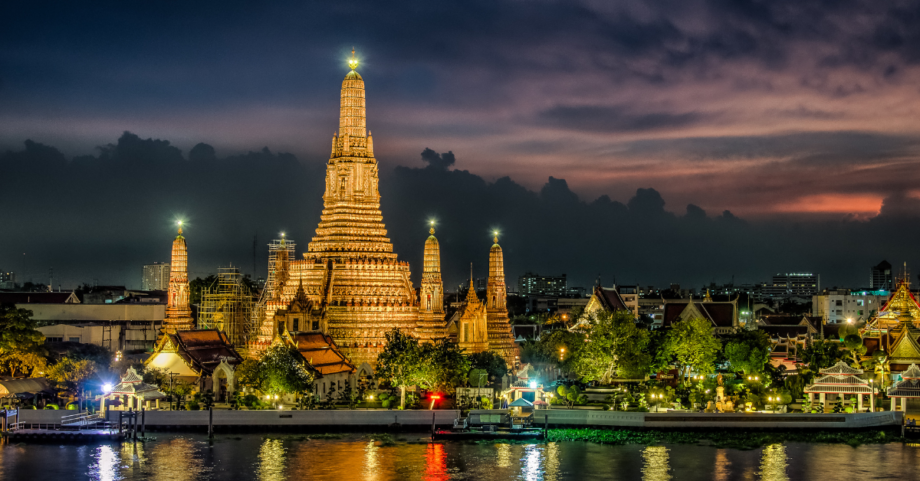Even those who have never traveled to the country, probably know Thailand’s reputation. Prostitutes, “ladyboys,” massage parlors, and more litter the country's many cities and we have either seen video or heard the tales. But as of last week, attempts from the country's Move Forward Party to legalize adult entertainment and sex toys possession and sale failed its first reading in the lower chamber of the country’s Parliament.
Limjittrakorn’s fight
As mentioned here, MP Taopiphop Limjittrakorn has been working to amend Thailand’s Section 287 Criminal Code. This strict law bans all types of adult materials in the country. As stated in this Bangkok Post article, Move Forward and Limjittrakorn want to lift their country “restricting people’s freedom to choose their entertainments,” while retaining the ban on clips or images that depict sexual violence, rape, and pedophilia. They also want the law to remain in place to make sure individuals under twenty years are restricted from participating in the production of adult materials.
But MP Sorapa Sriprat offered in the same Bangkok Post piece what all are thinking about his country, “Maintaining the current law means the country fails to accept reality and is a society built on hypocrisy.”
What’s really going on
While prostitution in Thailand is not technically illegal, public solicitation for it is prohibited. However, according to The International Union of Sex Workers (IUSW), Thailand supports one the largest population of sex workers; 250,000 as of May of this year.
As far back as the Vietnam War Thailand’s prostitution has been a significant presence. Due to the country’s high level of poverty, low education rates, and very few jobs available in the rural regions, a great number of young people flock in from, sex work becomes a viable way to make a living.
Prostitutes take to being employed in karaoke clubs, “soapy massage” establishments, and “beer bars,” (where customers can enjoy a drink while being serviced under the table they sit at) as much for safety as to pluck from regular clientele.
Then there are professional Broadway-like shows featuring the country’s infamous ladyboys, who are also available to tourists for a fee in clubs that feature them and other establishments in cities like Bangkok, and Pattaya.
Seeing as Thailand’s prostitution laws are so hard to define (and apply), Thai sex society is ripe for corruption, payoffs, bribes, and all other sorts of extortion by the county police, organized crime, and governmental officials.
The darkest side of all of this course is sex trafficking and child prostitution, both unfortunately rampant in Thailand.
Whether Move Forward will get past this first Parliamentary defeat, and how their proposed changes will better the life of sex workers in Thailand or even make a step at ending exploitation in that country, remains to be seen.




